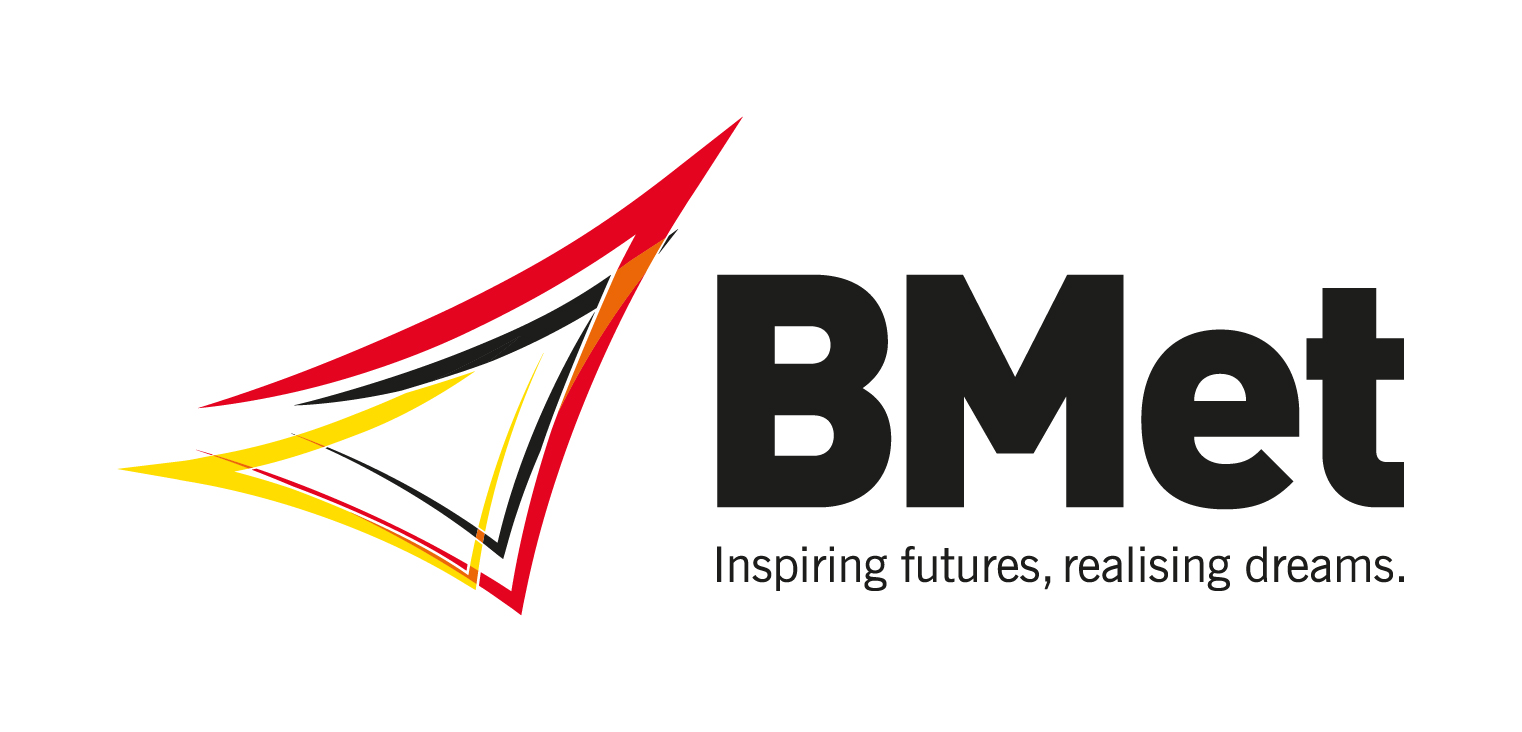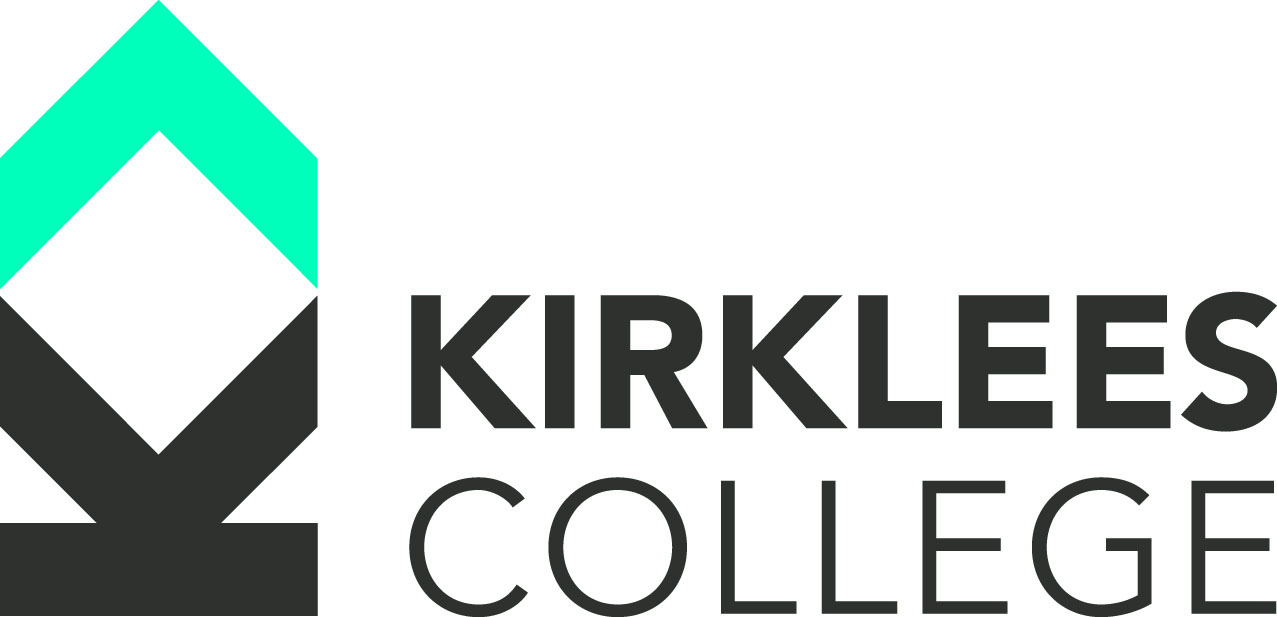Course Search
Our exciting range of food and drink courses are from some of the most prestigious Colleges, Universities and Training Providers from around the country.
The Higher National Certificate in Electrical and Electronic Engineering has been developed to meet the training needs of those employed or interested in a career in the electronic, control engineering and related industries. Students will study a range of modules mainly at level 4 totalling 125 credit points and is equivalent to Year 1 of a university honours degree.
Our HNC Electrical / Electronic Engineering allows you to up your engineering skills and work towards becoming a professional engineer. The course will develop skills and knowledge that will allow you to bring together engineering elements in project based assignments related to the needs of the engineering sector.
This course is suitable for you if you enjoy a challenge. You will gain the skills you need to gain employment in some of the skills shortages areas around the installation of new products. You can specialise in consumer and commercial electronics or domestic electrical appliances. There is also a signal reception pathway for those who install television reception equipment.
This course has been written to provide you with a wide technical background to support a range of careers in electronic and communications engineering.
Communications Engineers design, install and maintain electronics and communications equipment for a range of industries in the sector, including television and radio broadcast, mobile networks, rail, aerospace and IT.
This is a dynamic industry and this course has a strong technical element that will help you develop the skills you need to succeed. If you are employed in the industry this course will provide you with advanced knowledge and skills which will enhance your career prospects. If you are not employed, the course will provide you with a good grounding to help you to find employment in the field.
The first year of the course involves studying a range of subjects that cover the mechanical as well as electrical and electronic fields in the engineering sector. This qualification is equivalent to 1.5 A–levels in engineering.
The second year involves a range of subjects that cover the mechanical as well as electrical and electronic fields in the engineering sector that will grant the applicant an Extended Diploma in Engineering with 180 credits. The first and second years of the course are equivalent to 3 A–levels in engineering.
The EAL Level 2 Diploma in Engineering Technologies is a Vocational Related Qualification (VRQ). It will give learners knowledge and understanding of a broad range of engineering competencies. The qualifications cover the intermediate knowledge, understanding and skills that are required by someone working in the engineering industry. It takes a hands-on approach to intermediate engineering training by providing learners with:
• Knowledge and understanding of a range of engineering competencies
• Information that will help them make more informed decisions about their career options
• Personal skills
The Food and Drink industry is an exciting place to be a Maintenance Engineer. World class companies in the industry use some of the most innovative, modern and technically automated equipment available to manufacture a wide range of food and drink products for consumers. Companies employ Mechanical and/or Multi-skilled Maintenance Engineers according to the type of products they make.
World class companies use some of the most innovative and technically automated equipment available to manufacture a wide range of food and drink products. Both Mechanical and Multi-skilled Engineers need to maximise the benefits of the technology.
This HNC General Engineering course is ideal for those currently working in industry who may want to progress into engineering management, or who wish to gain professional recognition by gaining a higher qualification geared to the needs of industry. By completing a General Engineering qualification you will have a broad base of skills and knowledge to build on for the future.
This course has been written to provide you with a wide technical background to support a range of careers in electronic and control engineering. Instrumentation and Control Engineers design, install, and maintain electronics and control equipment for a wide range of industries in the sector including vehicle manufacture, aerospace, food and beverage production, transport, IT and leisure. The course has a strong technical element that will help you develop the skills you need to succeed. If you are employed in the industry this course will provide you with advanced knowledge and skills which will enhance your career prospects. If you are not employed, the course will provide you with a good grounding to help you to find employment in the field.
The Foundation Degree (FdEng) provides a solid foundation in general engineering science and mathematics, with specialisms in mechanical, electrical and manufacturing engineering.
Validated by Sheffield Hallam University, this two-year programme has been designed in consultation with a number of employers who have expressed a need for engineering technicians to have specialist knowledge and an appreciation of the challenges across the various engineering disciplines.
This course begins year one by providing you with the building blocks you need for the industry. You will study maths, science and management and cover processes of design, planning and scheduling techniques, and important health and safety principles. You will gain technical knowledge of robotics and programmable logic controllers, factory layouts and inventory control. In your second year, you will continue to develop your cognitive skills by applying your theoretical knowledge to practical projects.
 cy
cy





